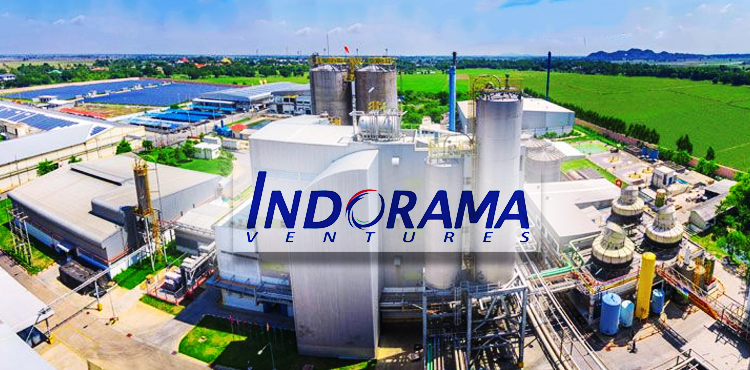
Exhibition time: 17-19 March, 2026 Shanghai, China
 中文
中文

Exhibition time: 17-19 March, 2026 Shanghai, China
 中文
中文

Singapore-based Indorama Group, through its Senegalese subsidiary Industries Chimiques du Sénégal (ICS), has signed a memorandum of understanding with Senegal’s Investment and Major Projects Promotion Agency (APIX) to launch a major $210-MM investment program. Announced during the Senegal Investment Forum, the plan will be implemented between 2025 and 2028. The initiative aims to boost Senegal’s phosphate and fertilizer production capacity, reinforcing the country’s strategic role in the regional agricultural input market.
The investment will focus on modernizing and expanding ICS’s production facilities. At the Mbao fertilizer plant, the company will increase NPK and DAP output from 250,000 to 400,000 tons per year. It also plans to build a new Single Super Phosphate (SSP) unit with a capacity of 350,000 tons annually. Meanwhile, production of phosphoric acid at Darou will rise to 660,000 tons per year, supported by a new sulfuric acid plant capable of producing 700 tons per day. These projects represent a significant scaling up of ICS’s operations and are expected to give Indorama a stronger foothold in Senegal’s growing fertilizer market.
Senegal currently relies heavily on imports to meet its fertilizer needs, bringing in an annual average of 126,484 tons worth about $97.4 million between 2020 and 2024. Fertilizer usage in the country remains low: application rates were only 8.5 kg per hectare in 2022, far below both the sub-Saharan African average (18.5 kg) and the African Union’s 50 kg target set at the Abuja Fertilizer Summit in 2006. Consumption patterns show that NPK dominates the market (50%), followed by urea (30%), DAP (7%), and potassium muriate (3%).
This expansion aligns with broader continental goals under the 2024 Nairobi Declaration on Fertilizer and Soil Health, which calls on African nations to triple fertilizer production and distribution by 2034. By boosting domestic manufacturing, Senegal aims to reduce import dependency, make fertilizers more accessible and affordable to smallholder farmers, and ultimately improve agricultural productivity.
Source:www.hydrocarbonprocessing.com